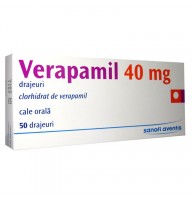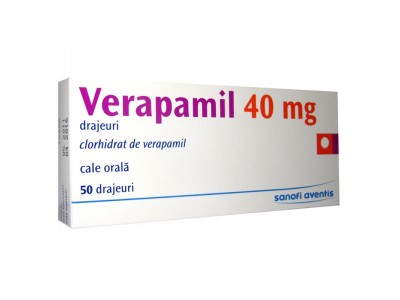The dosage of Verapamil, whether in its generic form or as Arpamyl, is determined by your healthcare provider and is based on your specific medical condition, response to treatment, and the form of the medication prescribed. Verapamil is available in various forms, including immediate-release tablets, extended-release tablets, and capsules, and the dosing instructions may vary accordingly.
For the treatment of hypertension, the typical starting dose of immediate-release Verapamil is often in the range of 80 to 120 milligrams taken three times a day. Your healthcare provider may adjust the dosage based on your blood pressure response. In the case of extended-release forms, a common starting dose is 180 milligrams once daily. Also you can buy trazodone 100mg.
When Verapamil is prescribed to manage angina (chest pain), the dosing can range from 80 to 120 milligrams of immediate-release tablets taken three times a day, up to 480 milligrams daily in divided doses. The dosage is personalized to alleviate your angina symptoms effectively.
For the treatment of certain abnormal heart rhythms, like atrial fibrillation or supraventricular tachycardia, the dosing is typically higher. It may range from 120 to 480 milligrams daily, taken in divided doses, with the exact regimen tailored to your specific condition and response to treatment.
It’s crucial to strictly follow your healthcare provider’s prescribed dosage and administration instructions. Skipping doses or taking more than prescribed can lead to unwanted side effects or complications. If you have concerns about your dosage or its effectiveness, do not adjust it on your own; consult your healthcare provider for guidance and potential adjustments.
In summary, Verapamil (Arpamyl) dosage information is individualized based on your specific condition and the form of the medication prescribed, whether it’s immediate-release or extended-release. Always adhere to the dosage and administration instructions provided by your healthcare provider, and consult them for any questions or concerns about your medication. Adjusting the dosage on your own can have adverse effects, so it’s essential to seek professional guidance.

